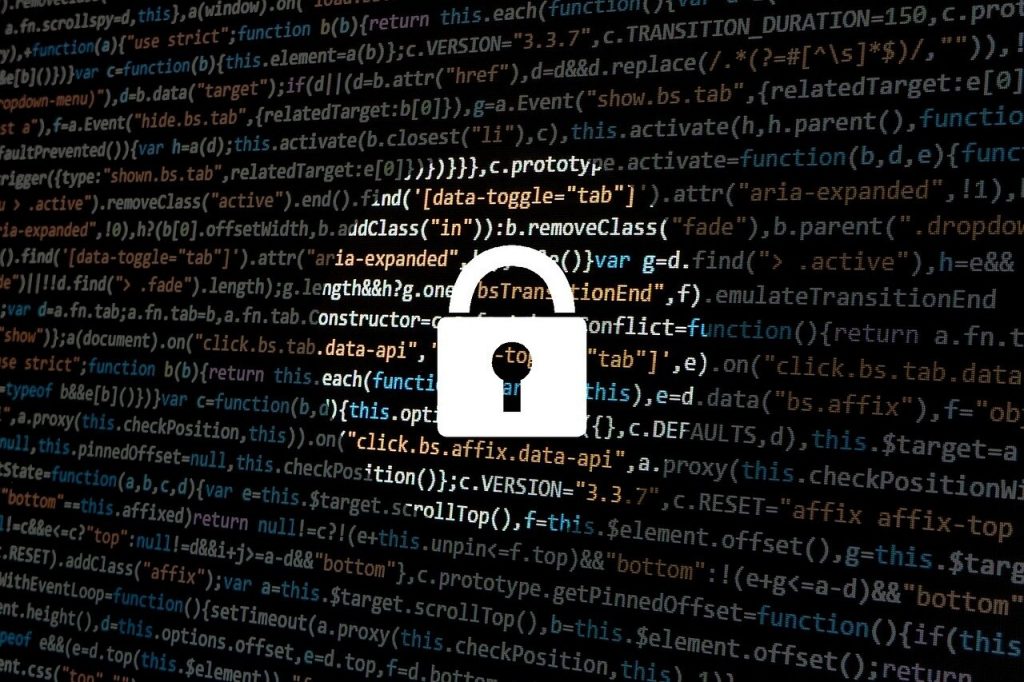Cryptocurrency has many advantages over “fiat” currency when it comes to security. However, is crypto private? Hardly; Bitcoin and other digital coins operate on public ledgers known as blockchains. The system works because each transaction is immutably recorded and verifiable. And the whole thing runs on open-source software – or at least it should for the coin in question to be decentralized like all good crypto does.
Still, let’s say you’re not interested in this whole “transparency breeds trust” thing. You don’t have to be one of those bad guys laundering money; maybe you live in an autocratic country where you need VPNs or “onion routers” like Tor just to read this article, let alone use cryptocurrency. Privacy is of the utmost importance in these situations.
Maybe we’ve got the best of both worlds with so-called privacy coins. You’ve probably heard of Monero (XMR), which boasts the third-largest community of developers behind Bitcoin (BTC) and Ethereum (ETH). You may even be aware of Dash (DASH), which was “forked” from the original Bitcoin code in 2014.
Do coins like these solve cryptocurrency’s privacy problem? Or do they create too much trouble to be bothered with? Let’s find out before using them at the crypto betting sites.
What Is A Privacy Coin?
Privacy coins are digital coins that attempt to hide where their transactions are coming from and going to. Their methods fall into two buckets:
- Make things anonymous, thus obscuring your identity.
- Make things untraceable, thus covering your trail.
Stealth addresses are No. 1 with a bullet on the obfuscation charts. This approach forces you to generate a new address every time you send crypto, which makes it a bit harder to link that transaction to the receiver. Monero does this using something called DKSAP, or Dual-Key Stealth Address Protocol.
Then you have coin mixing, or “Conjoin/CoinJoin” for short. This is when you bunch together several transactions from different individuals and send that package to a new end-user as a new transaction. Dash offers coin mixing through its Private Send feature.
There’s plenty more where that came from, but let’s leave this section by mentioning zero-knowledge proofs, or zk-SNARKs as the kids call them. This clever trick attaches a piece of information to your transaction that signals something “true” to the network so you get verified, but then fails to include the addresses or amount of said transaction. When you use Zcash (ZEC), you’re using zk-SNARKs.
Are Privacy Coins Legal?
Some of them are. As with anything in this world, it depends where you live; most privacy coins are allowed in most countries, but because of government push-back over fears of money laundering, crypto exchanges like ShapeShift and Bittrex have delisted Monero and other such coins – either voluntarily, or by decree in the case of Australia and South Korea.
That level of scrutiny wasn’t good enough for Japan. They completely banned privacy coins in June 2018, partly in response to the CoinCheck hack that saw the theft of some $524 million in tokens. You can understand why; if someone needs to keep their transactions obscure, there’s a non-zero chance they’re up to no good.
Are Privacy Coins Private?
To some extent.
Monero has proved so difficult to crack that, four years ago, the IRS offered a bounty of up to $625,000 (since expired) to anyone who could help. As long as they keep trying and pouring resources into the effort, they will figure it out eventually.
However strong your chosen privacy coin is today, your own personal privacy depends in part on how you use your crypto. If you’re out there on the “dark web” doing this and that, you’ll eventually attract more attention from law enforcement than you would if you’re just buying a pizza. Be smart with your money and your life choices, and keep checking in with us at Bookmakers Review for more crypto betting news and analysis.








